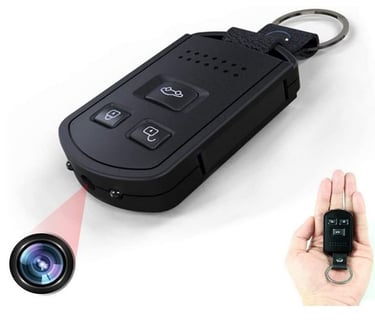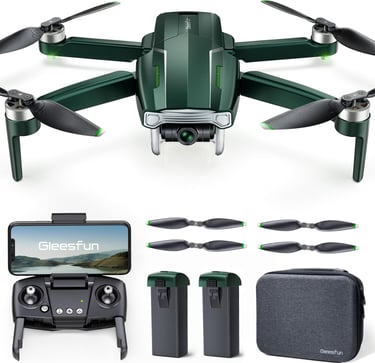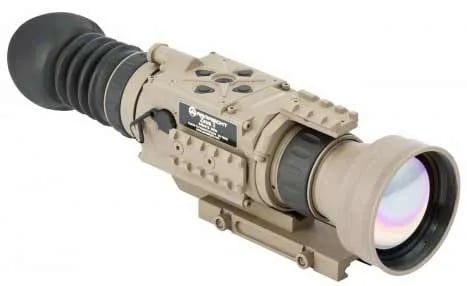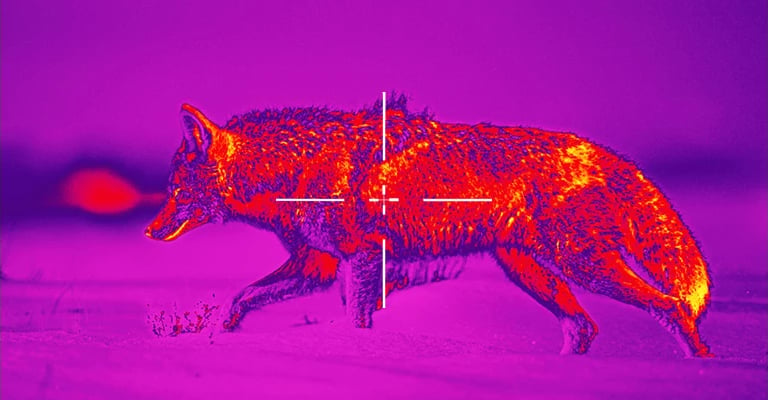High-Tech Gadgets in Modern Investigations: A Deep Dive into the PI's Toolkit
Explore the high-tech gadgets transforming private investigation—from drones and GPS trackers to digital forensics. Discover how today's PIs navigate the legal and ethical boundaries of modern tools to achieve impactful, evidence-driven results.
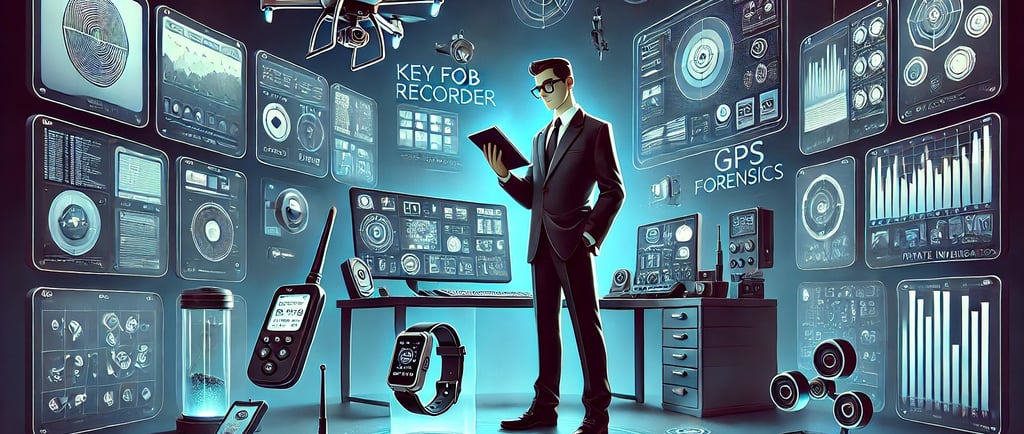

In the shadow of the ever-evolving digital age, the world of private investigation has transformed dramatically. Gone are the days of relying solely on a magnifying glass and trench coat; today's PI is equipped with gadgets that would make even James Bond envious. This article delves into high-tech gadgets such as key fob recorders, drones, and three other innovative tools that have revolutionized the field, while also exploring the ethical and legal boundaries these advancements must navigate.
Gadget Showdown: The Key Fob Recorder
Imagine a gadget as innocuous as a car key fob but capable of recording conversations covertly. Key fob recorders epitomize the art of blending in. These devices, disguised as everyday items, are equipped with high-quality microphones that can capture conversations from several meters away.
Usage: Ideal for recording interactions in cars or during tailing operations, where physical proximity to the subject is necessary, yet blending in remains essential.
Ethics and Legality: While these devices offer unparalleled discretion, they raise significant ethical and legal issues. In many jurisdictions, recording conversations without consent is illegal unless done in public spaces. This underscores the need for PIs to remain well-versed in local laws governing recording and consent.
The Sky's the Eye: Investigative Drones
Drone technology has leapfrogged from military applications to becoming a staple in private investigation. These flying cameras offer unique aerial perspectives, invaluable for surveillance in large areas or where traditional methods might be too risky or impractical.
Usage: From monitoring large-scale events to tracking vehicles over long distances and providing aerial footage of crime scenes or accident locations, drones offer an overhead view that ground-based surveillance can’t achieve.
Legal and Privacy Concerns: Drone usage is fraught with privacy concerns. Regulations vary widely, with some places requiring licenses or restricting where and how drones can fly. PIs must navigate these rules carefully, respecting privacy while gathering essential evidence.
Thermal Imaging Cameras
Thermal imaging cameras represent a leap beyond traditional night vision. These gadgets detect infrared radiation (heat), enabling them to see through smoke, fog, or darkness, making them invaluable for surveillance in challenging environmental conditions.
Applications: From locating hidden individuals in rescue missions to spotting hidden objects or animals, thermal imaging cameras allow PIs to detect subjects or items otherwise obscured or hidden.
Ethical Considerations: While this technology is helpful in finding missing persons or evidence, it also raises privacy concerns when used without proper consent in private settings.
GPS Trackers: The Invisible Tail
Gone are the days of physically tailing a suspect for hours on end. GPS trackers, small enough to be hidden almost anywhere, provide real-time location data, allowing PIs to monitor movements without the need for continuous visual contact.
Usage: These devices can track vehicles, individuals, or even personal belongings, providing a log of locations visited over time. This information can be crucial in cases involving infidelity, missing persons, or asset tracking.
Legal Implications: The use of GPS trackers must comply with laws regarding privacy and property. In many areas, placing a tracker on someone’s vehicle without consent is considered illegal surveillance.
Insight Investigative Group offers a daily rental service called TrackMate, check out our offerings here.
Digital Forensics Software
In an era where digital footprints often reveal more than physical ones, digital forensics software has become a cornerstone of PI work. These tools can recover deleted files, analyze social media activity, and trace digital communications.
Application: Whether it’s uncovering hidden digital transactions, reconstructing a timeline of events from a suspect’s phone, or analyzing a computer for clues in corporate espionage, digital forensics provides insights beyond the reach of physical surveillance.
Legal and Ethical Boundaries: The use of such software often skirts the edges of privacy laws. Ethical PIs ensure they have proper legal grounds—such as client consent or court orders—before delving into someone’s digital life.
The James Bond vs. Real-World PI Conundrum
While the allure of gadgets like those used by James Bond might suggest a life of constant action and intrigue, the real-world PI faces a more nuanced reality. Unlike Bond, who often operates in a gray area of legality, real PIs must adhere to strict legal frameworks. Their gadgets, while sophisticated, focus more on subtlety and evidence gathering than dramatic action.
Ethical and Legal Boundaries
The integration of these high-tech tools into the private investigation sector brings forth numerous ethical and legal considerations:
Privacy: How much privacy can one expect in the age of drones and key fob recorders? This question challenges both the legal system and the ethical standards of PIs.
Admissibility in Court: While gadgets might gather evidence, not all evidence collected is admissible in court without following proper legal procedures. PIs must be well-versed in what can be legally presented in court and how to ensure their methods withstand judicial scrutiny.
Consent: The issue of informed consent becomes crucial, especially with recording devices or digital forensics. PIs must avoid infringing on individual rights during investigations.
Conclusion
The transformation of the private investigation toolkit from analog to digital, from the tangible to the technological, reflects the broader shift toward a tech-driven society. Gadgets like key fob recorders, drones, thermal imaging cameras, GPS trackers, and digital forensics software have broadened the scope of what PIs can accomplish but require a deeper understanding of legal and ethical landscapes. As these technologies continue to advance, so must the balance between innovation in investigative methods and the moral responsibilities of those who wield them. Today's PI, armed with the latest gadgets, must walk a fine line between efficiency and ethics, ensuring that the pursuit of truth respects the laws and dignities of those they investigate.
